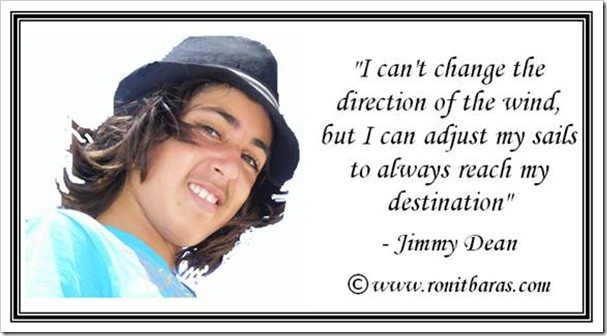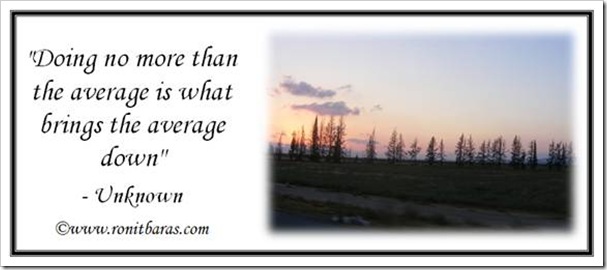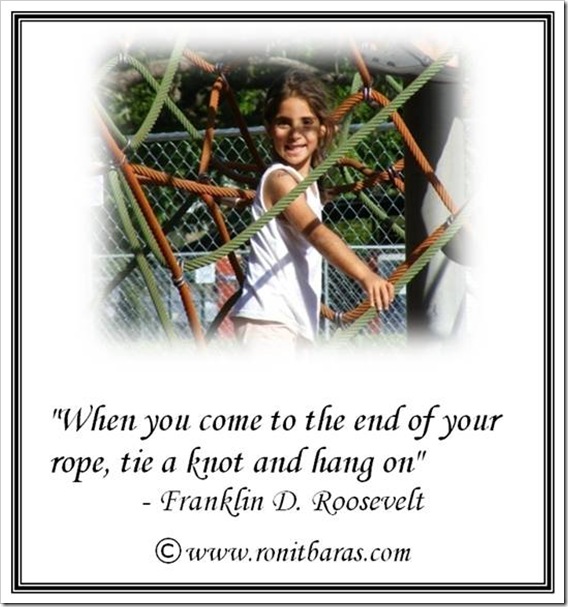Creativity is more important for kids today than knowledge. Kids know a lot more than we knew when we were their age, but for them to step up and be successful, they need something extra. They need to be able to assess where everyone else is going and become unique and different.
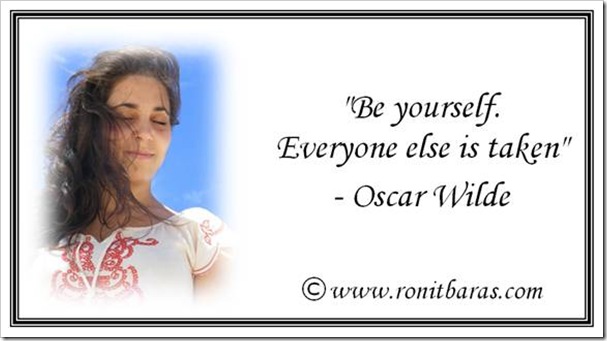
Kids instinctively know that being special and unique is a way to succeed in this world, so some of them find unique ways to stand out in a positive way. Unfortunately, others do it in a negative and problematic way. As a parent, if you want your kids to stand out in a positive way, you can help “get their creative juices flowing”.
Here are some qualities of creative people. Of course, some creative people have more of certain qualities and less of others, but this list is the result of many studies done over many years.
- Internal motivation – creative people have something in them that drives them forward. They are not motivated by rewards or punishments. It seems they have an internal voice that motivates them to try again and again. Encourage internal motivation!
- Imaginative – creative people have lots of imagination. They dream big, they can take their mind to places, situations and scenes that exist only in their mind and they can play different options in their mind before choosing one. Encourage imagination!
- Curiosity – creative people are curious. They try different things and every new thing seems like an adventure. They get themselves into things that are not normally on their path. Encourage curiosity!
- Asking questions – creative people ask many questions. This is a result of their curiosity. They ask “Why?”, “Why not?”, “How can I do this differently?” and “Can I do it better?” Encourage your kids to ask questions!
- Flexible – creative people have an ability to adjust better to different people and circumstances. They do not see change as a threat and are therefore paralyzed by changes. Encourage flexibility!
- Adaptable – creative people are adaptable as a result of their flexibility. Because they are flexible, whenever others take time to adjust and adapt to new rules and ideas, creative people are in front, accepting new technology and new trends and are more up to date with progress. Encourage adaptability!

- Originality – creative people do not focus on being like other people and copying others is not appealing to them. They do a lot to keep their individuality and uniqueness. Creating original work satisfies this need in a positive way. Though it may seem tough sometimes, encourage originality!
- Independence – Creative people can work independently. Unlike most people who are mostly dependent on others for ideas and guidance, creative people can produce results by relying on themselves. Encourage independent work!
- Focus – creative people can stay focused longer than others. While others can be distracted by phone calls, people and other temptations, creative people can stay targeted and focus until they finish creating. Encourage focus!

- Purpose – creative people have a sense of purpose. They are able to think forward and see the long run. This ability can help them try different ways until they achieve what they want. They have a feeling they are destined to do big and meaningful things and this helps them along the way. Encourage your kids to have a purpose!
- Exploring possibilities – creative people see opportunities where other people see difficulties. They think problems are challenges and are driven by the desire to solve them. Encourage seeing endless possibilities!
- Aversion to boredom – creative people do not like to compromise on an average existence. They like new things. They like to go where others do not go. Anything that will make life interesting for them. Encourage hating boredom!
- Multidimensional vision – creative people love looking at examining things from different aspects. The common way of looking at things is not enough for them and they will try different ways to come up with more options. Encourage a multidimensional vision!
- Expertise – to be creative in any area, people must first get beyond the basic level of knowledge and skill. When learning to ride a bike, you must be able to stop thinking about pedaling in order to go on adventure rides. Creative people put lots of energy into their areas of interest and related areas. Encourage expertise in specific fields!
- Non conformance – creative people learn the rules and find ways to work outside the norm. If everyone is wearing a popular item on their head, they will wear it on their feet. Non conformance is the essence of creativity, so encourage non conformance!

- Sense of humor – humor is a form of creativity. By combining language and action in unconventional ways, people create new and special things. Encourage a sense of humor!
- Risk taking – creative people try things that others are afraid of. They explore things with little certainty and seem to handle uncertainty better than non-creative people. It is possible to teach kids sensible risk taking. Encourage risk taking!
- Open mind – creative people are open to new ideas. Their open mindset allows them to notice more options and opportunities to learn new things. Their other character traits like curiosity, flexibility and adaptability allows more information to enter their mind and therefore allow more exploration. Encourage an open mind!
- Intuition – creative people are intuitive. While everyone is programmed by our system to think and believe in the same things, creative people have an internal system of justice and internal drive and most of the time they listen to their intuition and gut feeling. Encourage intuition!
- Persistence – creative people do not give up. If they have a purpose, if they set their mind to doing something, they will work on it for years if they have to. The difference between creative and non-creative people is not in how many times they fall, but how many times they get up. Encourage persistence!

- Intolerance for mediocrity – creative people cannot stand average people, average abilities, average results and average success. For them, mediocrity is an enemy. Anything out of the average scale is better! Encourage low tolerance for mediocrity!
- Record keeping – creative people keep some kind of records of their findings. Research of highly creative people has found that all of them kept some kind of records of their understandings and findings as if some inner voice told them it would be highly valuable in the future. Buy your kids some kind of a journal and encourage recording!
- Studying successful people – creative people get inspiration from other successful creative people. They learn about others and get motivated to move forward. Encourage studying successful people!
- Challenging – creative people challenge other people, concepts and ideas. They may seem critical, but this is their way of exploring different options. When their parents and teachers consider them Smart Alecs, they are in a creative mode. Encourage challenging!
- Problem finding – creative people find problems in place they do not exist. They are driven by awareness to possible problems and want to solve them before they appear. They are more aware of potential problems and can play with that option in their head. Encourage problem finding!
- Big picture thinking – creative people can see the big picture and do not focus on the here and now. This is why they can do things for a long time without an immediate reward. They can use only parts of the picture and build the whole picture in their mind. Encourage big picture mentality!
- Pattern recognition – creative people see patterns in the world around them. Their pattern matching abilities are more sophisticated than others. Their pattern recognition is an important tool in their ability to invent. Encourage pattern recognition!
- Broad definition – creative people see many potential usages for ordinary things. For them, a simple stick can be a ruler, a drawing object in the sand, a hanger, a tent pole, a sword… Encourage broad definition!
- Objectivity – creative people can separate facts from meaning. They can examine the facts and the meaning and learn the connection between them. They can tell when their results are an interpretation of something or the thing itself. This quality helps them analyze their achievements and do them better next time. Encourage objectivity!
- High emotional intelligence – creative people seem to be able to control their feelings better and keep themselves motivated when everyone else has abandoned them or even left them to pursue their dreams all by themselves. They are able to handle loneliness and criticism from others better, mainly because they can separate their own feelings from others’. Encourage emotional intelligence!
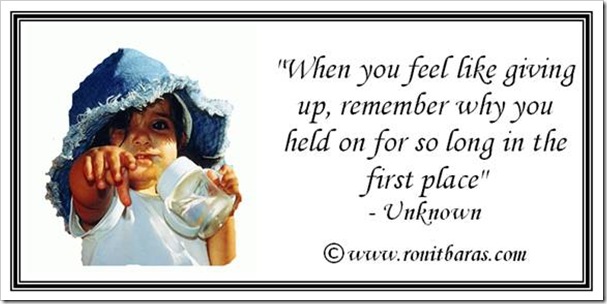
Come back in the coming weeks (or subscribe) to read ideas for teaching your kids creativity. I am sure some ideas will be more appealing to you than others, but they can all help you become a more creative parent and raise creative children.
Creative parenting,
Ronit
